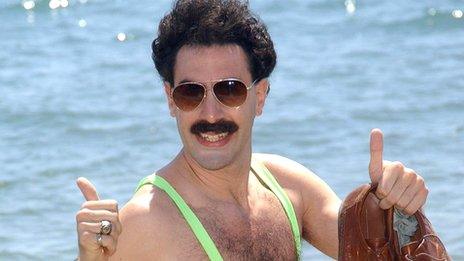Council ban legislation creating 'bizarre' laws, campaigners say
- Published
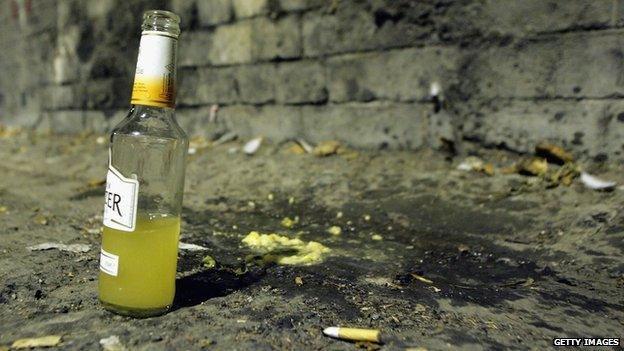
Councils have used public spaces protection orders to ban street drinking in some towns
A law that allows councils in England and Wales to ban certain activities in public is leading to "bizarre new criminal offences", campaigners say.
The Manifesto Club, which campaigns against over-regulation, says the Anti-Social Behaviour, Crime and Policing Act is creating "a patchwork" of laws, with discrepancies from town to town.
Councils have used it to ban activities such as begging or drinking in places.
Council leaders say the measures help to prevent anti-social behaviour.
Under the act - which became law last year - local authorities can use public spaces protection orders (PSPOs) to ban certain activities they believe are having a "detrimental impact" on the quality of life.
People who do not comply can be required to pay a £100 fixed penalty fine or face prosecution.
Examples of PSPOs include:
Restrictions placed on motorists entering a retail park in Colchester, Essex after 18:00 if they are not using shops and facilities
Young people in Oxford being banned from entering a tower block unless they are a visitor or resident
Making it a crime to beg for money in certain areas of Poole, in Dorset
A ban on the consumption of alcohol and legal highs in public spaces in the city centre by Lincoln Council
Making it a crime to have an open container of alcohol in Cambridge
The Manifesto Club said there were eight PSPOs in force in England and Wales. Another four PSPOs are out for public consultation and 19 are under consideration across the country.
They include proposals to ban the use of amplified music, unlicensed busking, pigeon feeding and the sale of lucky charms.
Josie Appleton, director of the campaign group, said the powers were "so broad" they allowed councils to ban "pretty much anything".
"The result is a patchwork of criminal law where something is illegal in one town but not in the next, or in one street but not the next.
"This makes it hard for the public to know what is criminal and what is not."
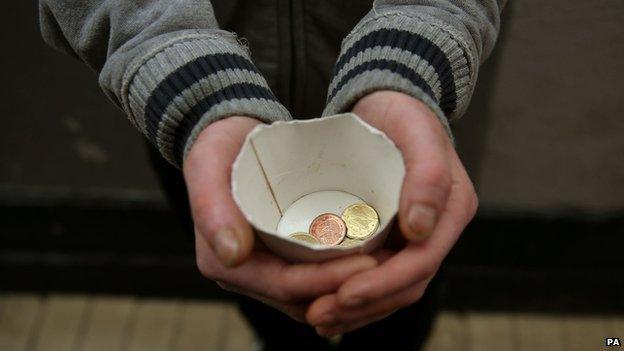
Poole Borough Council has banned begging in some areas
However, councils have defended the use of the orders.
Colchester Borough Council said its order to restrict motorists entering a retail park after 18:00 prevented anti-social car meets and nuisance motorists.
Oxford City Council, which has prohibited some people under 21 from entering a tower block, said the "unacceptable behaviour of a few has caused a great deal of misery".
"It is important that we tackle this problem robustly," Councillor Dee Sinclair said.
Councillor Ric Metcalfe, leader of City of Lincoln Council, said the authority recognised there was a problem with street drinking and the use of legal highs, saying: "We want our city centre to be a safe and welcoming place for residents and visitors alike."
Poole Borough Council, which has banned begging in some areas, said it had not had any reported breaches of the order.
In Cambridge, where open containers of alcohol are prohibited in some places, council leader Lewis Herbert said the three community areas subjected to the orders had suffered "a decade of being taken over by groups of drunks".
- Published24 February 2015
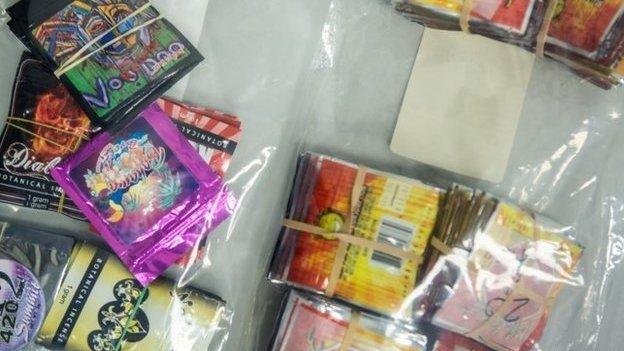
- Published7 January 2015
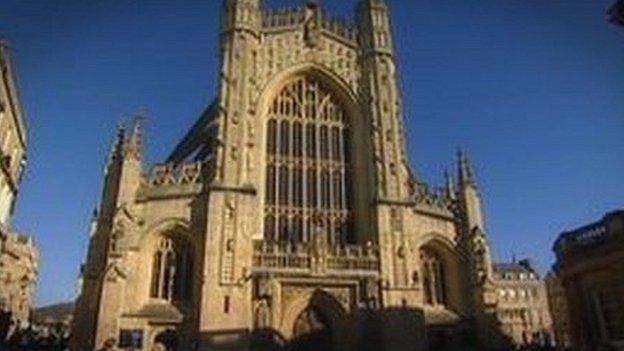
- Published21 October 2014
